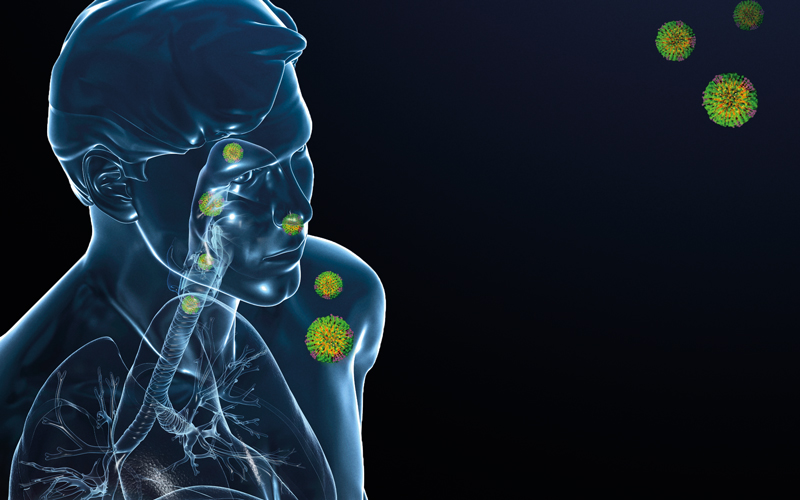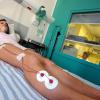Dr Jennifer Cane, a Postdoctoral Research Assistant, asks what sequencing respiratory viruses can tell us.

Whole-genome sequencing of respiratory pathogens is useful to understand more about viruses in circulation. It can help to track how infections are spreading and help us understand more about how well vaccines and treatments are likely to work. Knowing the entire genetic code of a virus in one patient and being able to compare this to the virus in another patient allows transmission routes to be identified. This is a powerful tool when considering outbreak control in a healthcare setting. It can tell us whether infection control methods in place are effective.
Click here to read the full article.
Image credit | Science Photo Library



